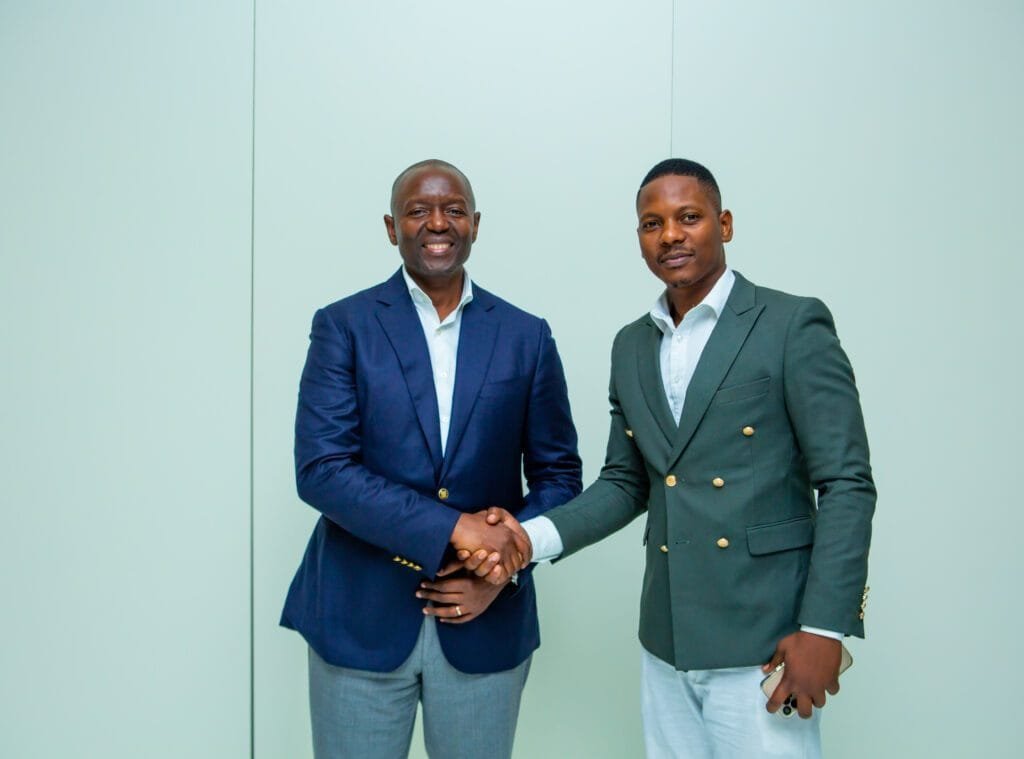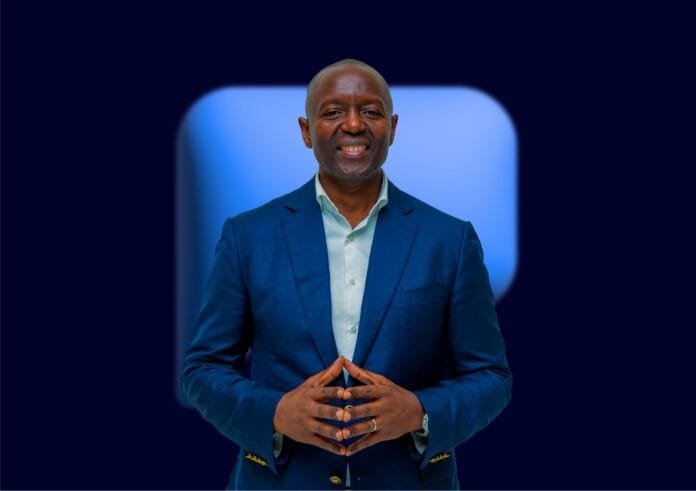With a strategy anchored on the pillars of quality, safety, and inclusion, MCNet, SA has just reached an important institutional milestone by obtaining ISO 9001 and ISO 45001 certifications.
For the Chairman of the Board of Directors (PCA), Rogério Samo Gudo, this achievement represents not only compliance with international standards, but above all, the consolidation of a journey that reflects the company’s organizational maturity.
Profile Mozambique: How do you assess the impact of the Single Electronic Window (JUE) on the efficiency of foreign trade and the competitiveness of Mozambican companies?
Rogério Samo Gudo: When we talk about the Single Electronic Window, we must recognize that it represents one of the major milestones in external trade reforms in Mozambique. From the outset, our goal as a State was clear: we wanted to simplify, modernize, and make all processes related to the import and export of goods more efficient.
We know that our economy is heavily dependent on imports, over 90% of the goods we consume come from abroad. Therefore, it was essential to create conditions that facilitate trade, reduce bureaucracy, and provide greater predictability for businesses. It was in this context that the JUE was launched.
By integrating, within a single digital platform, all actors in the process, from customs to entities that issue licenses and certifications, we achieved real gains. We reduced waiting times, increased transparency, and, as a result, lowered operating costs for economic operators.
But it is important to note that this transformation did not happen in isolation. The JUE was accompanied by a set of other institutional reforms covering various sectors linked to logistics, sanitary inspection, port regulation, and others.
PM: What are the main challenges that remain, and how has the platform evolved since its inception?
RSG: The introduction of the Single Electronic Window represented a crucial step forward in the modernization of foreign trade in Mozambique, particularly in reducing the time required for customs clearance. This improvement has a direct impact on import costs and, consequently, on the final price of products for consumers. In an economy highly dependent on imported goods, as is the case with Mozambique, such efficiency brings relief to the logistics chain and to the cost of living.
The positive effect also extends to companies that use imported raw materials for local manufacturing. Shorter logistics timelines allow them to remain more competitive in the market, avoid higher production costs, and offer products at more affordable prices. In this context, the Single Electronic Window has become a strategic tool to boost the business environment and promote national industrialization.

This progress required a profound modernization of administrative and financial processes. Integration with banks and the digitization of tax payments brought greater agility and control to the system. The “Termo de Compromisso” (Letter of Commitment), in turn, has played a central role in foreign exchange regulation, combating tax evasion, and protecting the national economy, while reinforcing transparency in foreign trade operations.
PM: To what extent can the use of artificial intelligence improve public service delivery in the country?
RSG: When we talk about introducing Artificial Intelligence in public services, we see it as a great opportunity to solve many of the problems we still face in public administration. For years, we have dealt with limited resources, insufficient training, and fragile infrastructure.
AI enables us to identify more precisely the main bottlenecks in our processes, better plan resource allocation, and make decisions based on more reliable and up-to-date data. This helps reduce costs, speed up procedures, and increase the efficiency of the entire public system.
In practice, we are already applying these solutions with visible impact, as in the case of the Single Electronic Window. With the introduction of intelligent chatbots, for example, we can provide quick answers to questions from investors and economic operators, such as import data, consumption patterns, and market trends.
PM: How do you view public–private partnerships at MCNet (PPP) as a model replicable in other sectors of the economy?
RSG: At MCNet, we see public–private partnerships as a practical and effective solution to many of the challenges the country faces, especially when we consider the State’s resource constraints, whether financial, human, or technological. We believe that bringing together the strengths of the public and private sectors accelerates the implementation of strategic projects and improves the quality of services provided.
When the State, with its mandate and understanding of needs, joins forces with the private sector, which brings agility, investment, and technical expertise, everyone benefits, especially the citizen.
Over the past 15 years, we have proven that this model works. The Single Electronic Window experience is clear evidence of this: we have improved services, ensured greater efficiency, and responded more quickly to our clients’ needs. Therefore, we believe this type of collaboration can and should be replicated in other critical areas of the economy, such as infrastructure, health, and education, where needs are growing at a pace the State alone cannot match. It is a matter of strategic vision and commitment to the country’s development.
PM: What regulatory or operational barriers still hinder the wider adoption of technological solutions?
RSG: We have found that one of the biggest barriers to the full adoption of technological solutions is not the technology itself, but the people. Resistance to change remains very strong. No matter how innovative a system is, if the people who will use it are not prepared or willing to change, the impact will always be limited. We know that changing habits is not easy, often fear of the unknown, comfort with old methods, or a lack of trust in digital tools create obstacles.
That is why, in all our projects, we make a point of integrating change management actions. We guide, train, and explain. We want every person to understand the value of technology and how it can facilitate and improve their work.
But we also face challenges from a legal and institutional perspective. Digitalization forces us to rethink how the State and institutions operate. This means reviewing laws, regulations, and procedures that are often outdated compared to the current technological reality.
If we want to accelerate digital transformation in all sectors, we must recognize that this transformation also requires legislative reforms. We need a legal framework that keeps pace with innovation, one that allows us to do more with less, with transparency, speed, and efficiency. And that is a collective task involving all sectors, ministries, and leaderships.
Learn more here: MCNet SA




